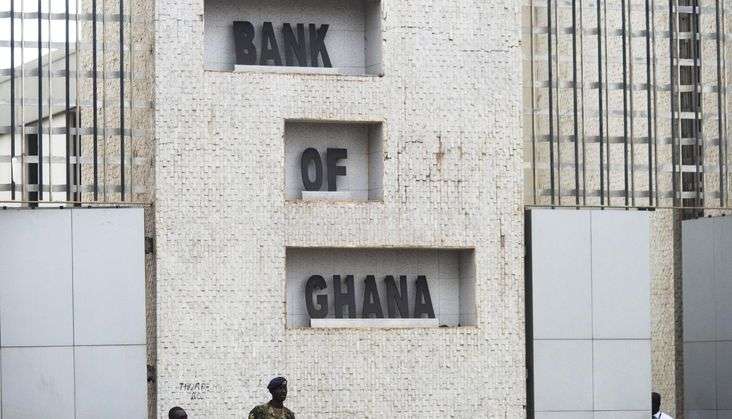The pension sector saw an increase in funds last year despite the effects of the Covid-19 on the overall economy.
According to a new report from the Bank of Ghana, total private pension funds grew by 26.8 per cent in 2020 as compared to 33.4 percent in 2019.
Total private pension funds were at GH22.02 billion at the end of December 2020, compared to GH17.36 billion at the end of December 2019. Given the start of the decumulation of private pension funds and the provision of emergency access to pension benefits during the pandemic, the growth in private pension funds was noteworthy. Private pension funds’ investments in 2020 were predominantly in the form of government securities, accounting for 60.2 percent of the total.
Meanwhile, per the report, in the year under review, the pensions industry grew significantly. Despite the COVID-19 pandemic and the much-anticipated decumulation of Private Pension Funds, total pension funds climbed to GH 33.5 billion at the end of December 2020 from GH 26.4 billion in 2019. In 2020, pension funds rose by 27%, compared to 19% in 2019. The partial settlement of government obligations to the Tier 1 plan, as well as the constant expansion of private pension funds, are responsible for the substantial growth of pension funds (27%) in 2020.
The report further indicated that there was a rebound of the sector under the Basic National Social Security Scheme.
“Growth of pension funds under the Basic National Social Security Scheme (BNSSS) rebounded in 2020. From a negative growth in 2018 (-3.5 per cent) and 2019 (-1.2 per cent), pension funds under the BNSSS recorded a growth of 26 per cent in 2020. The growth was mainly due to the settlement of part of government’s indebtedness to the scheme. At end-December 2020, total funds under the BNSSS stood at GH¢ 11.35 billion, compared to GH¢ 9.08 billion at end-December 2019. Downside risks to sustained growth in the outlook for the public pension funds include the late payment of contributions, rising outstanding contributions, increasing benefit payments, and weak investment outturn.”
Key Initiatives undertaken by NPRA
The National Pensions Regulatory Authority (NPRA) and industry stakeholders partnered in 2020 to launch a number of major projects. The goal was to limit the impact of the COVID-19 pandemic on the pension sector and its employees while improving the sector’s overall outlook. The following are important regulatory developments linked to the COVID-19 pandemic:
The first initiative undertaken by the regulator was granting of emergency access to third-tier pension funds. Additional cash was granted to individuals who had lost their jobs as a result of the pandemic. To give contributors more protection, the NPRA collaborated with the Ministry of Finance to provide tax exemptions to individuals of the 3rd Tier pension scheme who took advantage of the emergency withdrawal provision.
The next initiative taken by the NPRA was the waiver of penalties on late contribution payments. Employers no longer have to pay a 3% contribution extra if they make their pension contributions late.
Part of the initiative was the extension of the deadline for industry return. The time for Scheme and Corporate Trustees to submit annual reports and other industry returns has been extended by one (1) month.
Read Also: Prioritize fiscal consolidation for economic recovery- Seth Terkper to gov’t




















